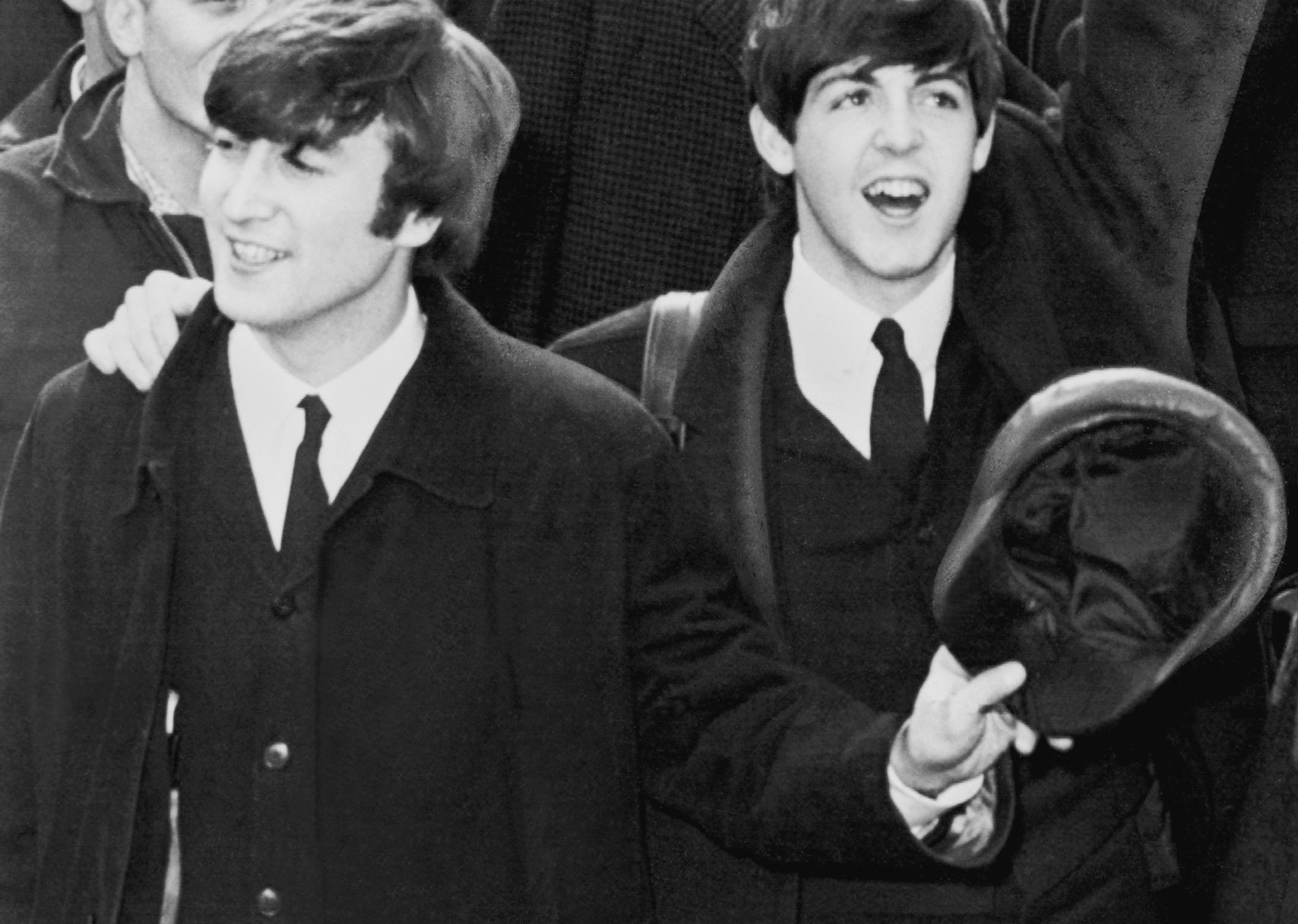Haruki Murakami, one of the most celebrated contemporary authors, is known for his surreal storytelling, enigmatic characters, and the unique way he fuses Western culture with Japanese traditions.
Among the many influences in his work, The Beatles stand out as a particularly prominent inspiration. Murakami has not only referenced their music explicitly but also drawn on their themes and artistic philosophy to shape his literary world.
This article explores the direct influence of The Beatles on Murakami’s writing, focusing on how their music has impacted his narratives, characters, and thematic concerns, with special attention to “Norwegian Wood” and “Drive My Car.”
The Beatles’ Music in Murakami’s Novels

The Beatles’ songs appear explicitly in several of Murakami’s works, often acting as thematic anchors. For example, “Norwegian Wood” (1987), named after the 1965 Beatles song, is a melancholic story of love, loss, and memory.
The title not only sets the mood for the novel but also directly influences its narrative tone. The wistful lyrics of “Norwegian Wood” resonate with the novel’s exploration of fleeting relationships and the fragility of human connections.
Similarly, “Drive My Car,” one of the short stories in “Men Without Women” (2014), takes its title from The Beatles’ 1965 song from “Rubber Soul.” While the song is playful and upbeat, Murakami’s story is a contemplative exploration of grief and connection.
The titular reference ties the two works together through the shared metaphor of driving as a journey of trust, self-discovery, and emotional healing.
By integrating The Beatles’ music into his novels, Murakami introduces his readers to Western culture while retaining the intimate, introspective qualities that define Japanese literature. The music not only adds a cultural layer but also deepens the emotional resonance of his stories.
Themes of Alienation and Longing

The Beatles’ lyrical themes of alienation, self-discovery, and longing for connection align closely with Murakami’s recurring motifs. Songs like “Eleanor Rigby” and “Nowhere Man” reflect existential loneliness, a theme central to many of Murakami’s protagonists.
For instance, Toru Watanabe in “Norwegian Wood” and Kafuku in “Drive My Car” both grapple with feelings of isolation as they navigate the complexities of human relationships and loss.
In “Drive My Car,” Kafuku, a stage actor mourning his wife’s death, hires Misaki, a quiet young chauffeur. Their shared drives become a space for introspection and tentative connection, mirroring the subtle emotional layers of The Beatles’ song.
Just as the song’s refrain—“Baby, you can drive my car”—suggests a playful relinquishing of control, Kafuku’s decision to let Misaki drive symbolizes his gradual openness to confronting his vulnerabilities.
Both Murakami and The Beatles tap into universal experiences of longing and loss, using their respective mediums to create spaces for emotional exploration.
Storytelling Style and Surrealism

The Beatles’ later works, particularly albums like “Sgt. Pepper’s Lonely Hearts Club Band” and “The White Album,” exhibit a shift toward surrealism and experimental storytelling. These qualities resonate strongly in Murakami’s writing, where surreal and dreamlike elements often intermingle with reality.
For example, the shifting realities in “1Q84” or the metaphysical journeys in “Hard-Boiled Wonderland and the End of the World” mirror the layered, psychedelic world The Beatles explored in songs like “Strawberry Fields Forever” and “Lucy in the Sky with Diamonds.”
Murakami’s narratives often have a musical quality, flowing rhythmically and exploring emotions much like a Beatles song. Even in more grounded stories like “Drive My Car,” the layered metaphor of driving evokes the same kind of subtle emotional depth present in many of The Beatles’ later works.
The Beatles as a Cultural and Personal Anchor

Murakami often credits Western music, including The Beatles, with shaping his worldview. Growing up in post-war Japan, he was part of a generation fascinated by American and British culture. The Beatles, in particular, represented a cultural revolution, blending accessibility with artistic depth. Murakami reflects this blend in his own works, which appeal to both Japanese and international audiences.
Furthermore, The Beatles’ music often balances joy and melancholy, a duality reflected in Murakami’s storytelling. Just as “Drive My Car” can be interpreted as both playful and wistful, Murakami’s “Drive My Car” walks the line between humor and profound sadness.
By referencing The Beatles, Murakami not only pays homage to their music but also uses it as a bridge to connect his characters and readers to universal human experiences.
The Beatles have profoundly influenced Haruki Murakami, shaping his literary voice and enriching his narratives. Through explicit references in works like “Norwegian Wood” and “Drive My Car,” thematic parallels, and stylistic inspiration, their music permeates his stories, bridging cultural divides and deepening the emotional impact of his work.
Just as The Beatles transcended their medium to become cultural icons, Murakami’s novels transcend literature, offering readers a rich, multi-sensory experience where music and words become inseparable.

Chaitanya Tuteja is someone who enjoys sharing his thoughts on books, movies, and shows. Based in India, he appreciates exploring different stories and offering honest reflections. When not reflecting on his favorite media, Chaitanya enjoys discovering new ideas and embracing life’s simple moments.

